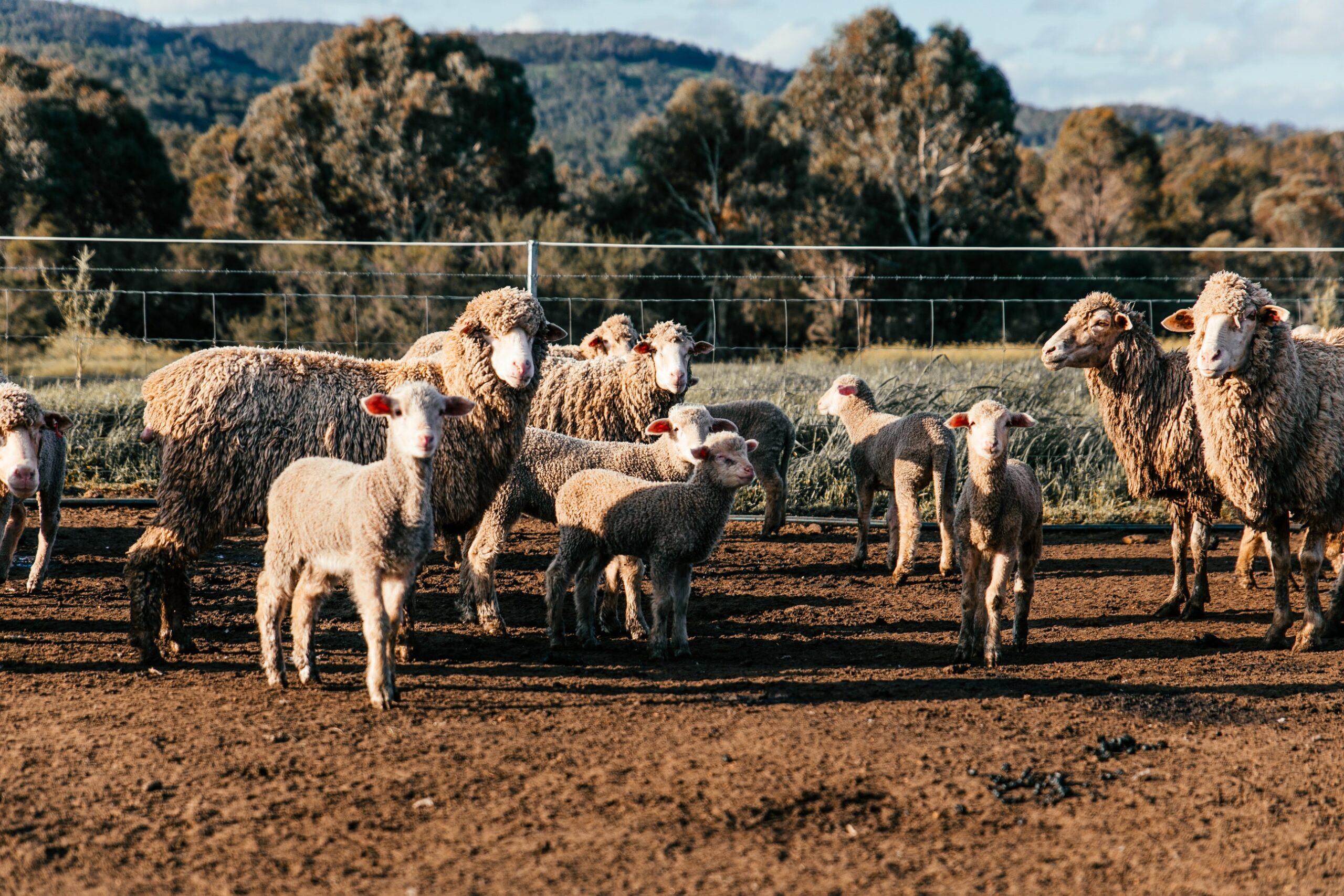Everyone speaks about “organic”, but do you really know what this word means and implies?
It is a matter of fact that the “organic trend” is continuously increasing and the coming of the pandemic has just accelerated and directed the consumers’ purchasing behaviour towards organic products. People pay a lot of attention to what they buy and they are increasingly inclined towards a “safe and clean” drinking and towards environmentally sustainable, responsible and conscious choices.

But what does it mean to drink an organic wine?
Until 2012 this term did not exist, both the enological practices and the substances used in the vinification process were not considered as “organic” and therefore it was just possible to have a wine “made with organic grapes”. For almost ten years, the rules have changed and with the EC Regulation 203/2012, we can talk about “organic wine” since it is possible to certify the whole vinification and transformation process.
A wine is organic certified when it is made with 100% organic grapes, cultivated without using synthesis chemical agents in the vineyards, and when the vinification in the cellar is carried out with enological organic certified products and limited use of sulfites.
All “Sunny Farm” wines are organic and both environmental and people’s health are put first. Since no chemical substances are used in any phase of the productive process, organic wine is natural and genuine. The grapes, coming from vines cultivated in their rich in biodiversity habitat, are well balanced and express in the best way all the different characteristic of the terroir and the soils in which they grow.
To cultivate in an organic way is far from easy, there are many difficulties and obstacles producers have to face every single day, above all when the vintage is hostile. Even in the worst of the hypothesis, only natural substances such as sulfur and copper can be used. And exactly the latter is used, in the quantitative limits imposed by the law, to fight in a natural way the diseases damaging the grapevines.
Surely, because of the many unexpected events producers have to overcome to protect the harvest and offer the clients a great final product, organic wine has a slightly higher price. This has to be seen as a guarantee of the quality of the product, and it is due to the fact that the winery, in the first place, has to face higher costs compared to a conventional producer. And this aspect, reading surveys and researches, seems to be understood and shared by clients, who are willing to pay a 30% increase in the final cost for an organic wine.
Walk into our Sunny Farm and discover the whole organic wines line!








